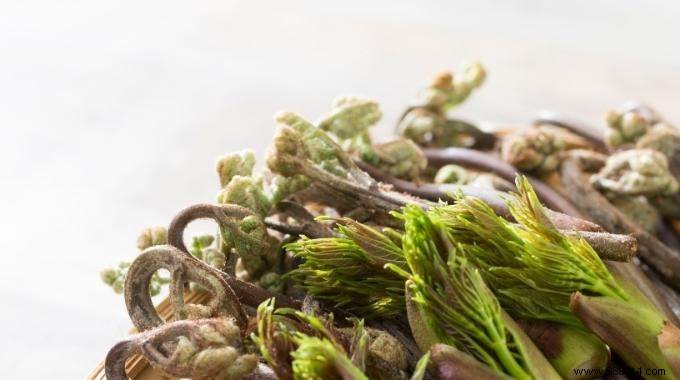
The Cretan diet is gaining followers.
Better than a slimming diet, it is the health diet par excellence recommended especially to prevent cardiovascular problems.
In 1952, a study reported that the coronary mortality rate was significantly lower in Crete than in European and North American countries.
More recently, Doctor Renaud experimented with the Cretan diet on people who had coronary and vascular problems. He then noticed more than 70% improvement in the state of health of his patients.
This diet is also called the Mediterranean diet. He recommends a healthy and balanced diet based on fruits and vegetables, cereals (especially quinoa, brown rice, spelled, buckwheat or oats), sprouted seeds, fish and a little quality raw olive oil.
On the other hand, it is necessary to eliminate as much as possible meat and dairy products rich in lactose (and especially cow's milk!). Indeed, in adulthood, we practically no longer have the enzyme necessary to digest lactose.
It is also necessary to favor substitutes for sugars. Cretans prefer honey. Cooking food is also important. Cretans choose gentle cooking methods and are particularly fond of raw.
1. Decrease in cardiovascular diseases (cholesterol, hypertension, heart attacks and strokes) and mortality
2. Reduced risk of Alzheimer's and Parkinson's diseases
3. Noticeable improvement in quality of life
As we have said, the Cretans eat a lot of salads and raw vegetables. François Couplan explains to us in his book that the secret of the Cretan diet also lies in their particularity in consuming quality wild plants in their salads.
This ethno-botanist recalls that wild plants are rich in vitamins, mineral salts and trace elements. And I'm convinced of it too.
This diet is also a real way of life. Pleasure of the table, conviviality during the meal, time taken to eat well are also a guarantee of good chewing and therefore better digestion.
Did you already know the Cretan diet? Share your comments with us.